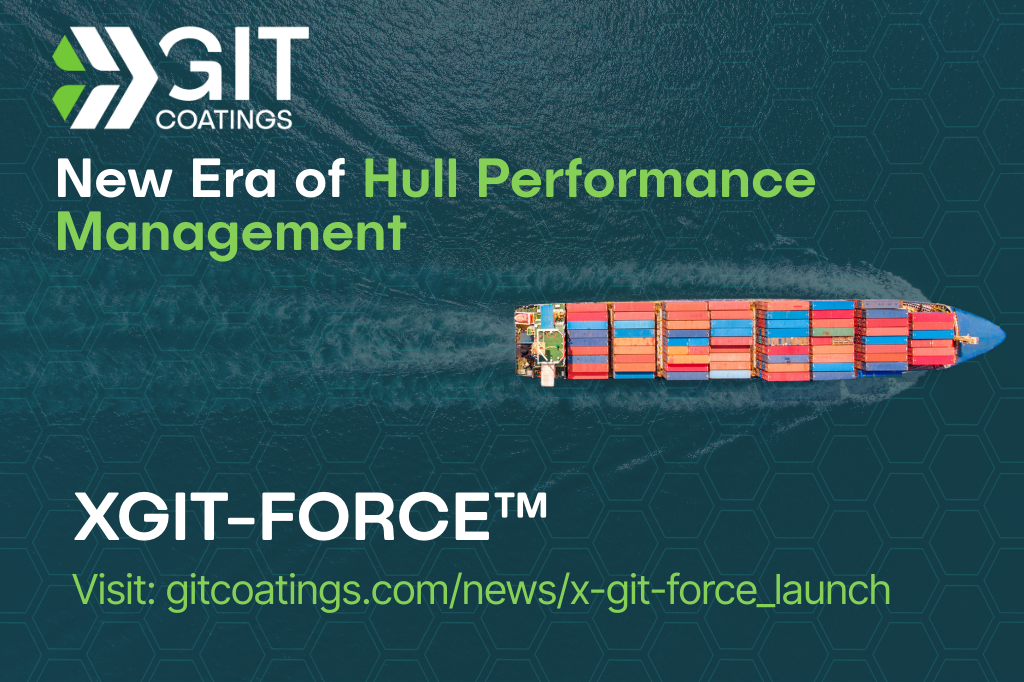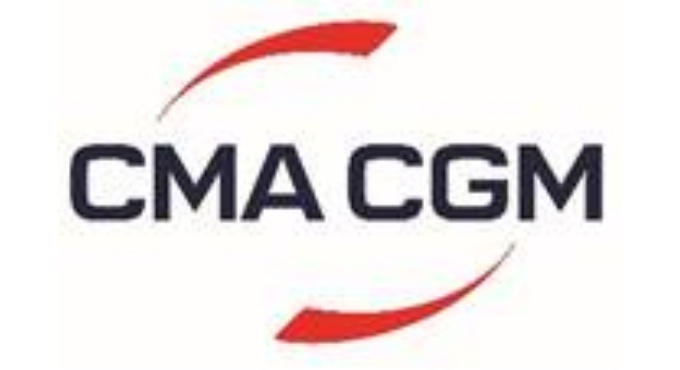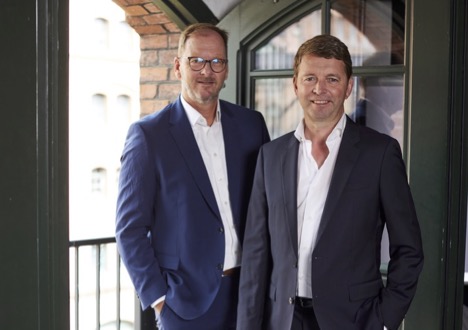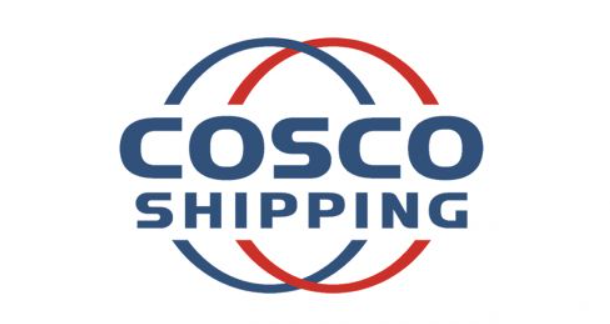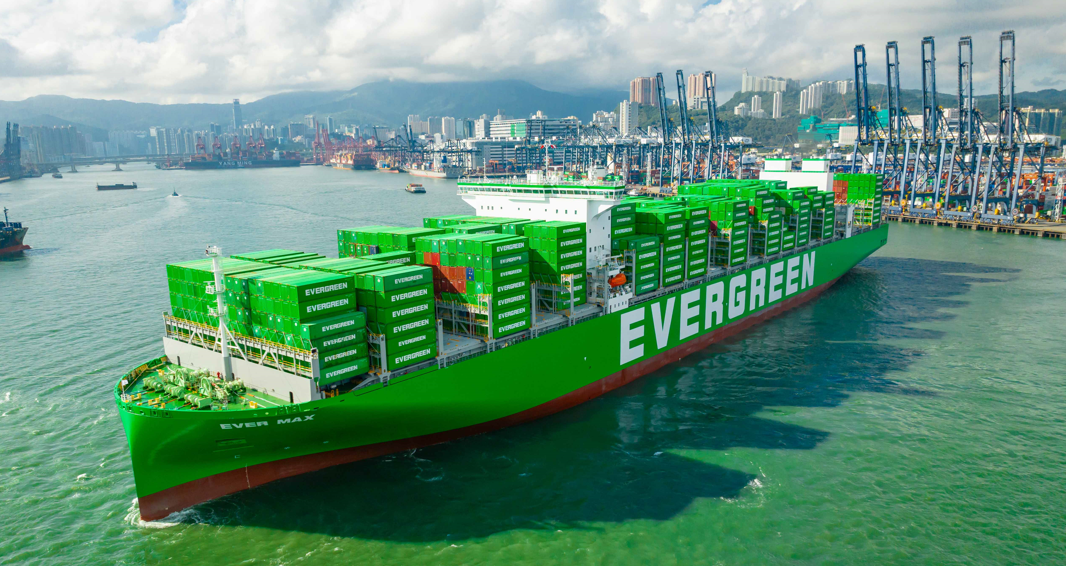
Our Xinde Marine News had an interview with the Chairman of the Board of Directors of Tangshan Worldwide Ship Equipment Co., Ltd., Senior Captain Cao at 9th April during Sea Asia, to make an analysis from the perspective of economy and applicability, about how the owners implement MARPOL convention Annex VI, and choose method of implementation from 2020 to 2025.

Q. In order to implement IMO regulations, the sulfur content of fuel oil in world waters after January 1, 2020 should be less than 0.5%S and for vessels operating in the SECA region should be less than 0.1%S, among the three commonly used execution methods, as you are the leader of WD-ship making Exhaust Gas Cleaning System (EGCS) and Senior Captain with ship management experience, which approach is more beneficial to shipowners from the perspective of economy?
A. Many ship owners and managements have been studying how to implement international convention since the publication of MARPOL Convention Annex VI. For different type of ship, for the different fuel-consuming equipment, and for different route areas, the reasonable choice of three ways to implement the Convention (that is, direct selection of low Sulphur oil ,LNG and installation of EGCS) is very important. Make some superficial comments on this issue.
For new shipbuilding, if it is a ship with high energy consumption, it is more suitable to choose between LNG and burning ordinary oil to install exhaust gas cleaning equipment. At present, many shipowners choose dual fuel and washing equipment when building high value ships. However, when building ships of relatively low value, many shipowners choose to burn ordinary fuel and install desulfurization equipment, considering the construction of ships and future operating costs. At the same time, shipowners are most concerned about the LNG charging in major global ports in recent years, more specifically between 2020 and 2025; If more money is spent to build dual-fuel ships, shipowners should also pay more attention to fixed and dynamic cost of funds.
For operating ship, if the ship has to withdraw from operation in next 2-3 years, it is more suitable to choose the low sulfur oil to burn; if the "return on investment period" exceeds 4 years, it is more suitable to consider burning low sulfur oil;
For ships with bigger fuel consumption, longer shipping routes and better operating income, it is most economical to choose to burn ordinary oil with installation of EGCS. This kind of ship will take payback within 1 ~ 3 years due to burn ordinary fuel oil. If the difference of the prices between ordinary fuel oil and low Sulphur oil fall to the cost difference in refineries (authority predicts it is an average of $50 to $60), and the operating costs of ships equipped with scrubber will be more 10% lower than those of the same type of ships that burn low sulphur oil. These vessels should obtain strong market competitiveness. The quantity of installed EGCS and orders proved the owners intention.
Q. For ships suitable for the installation of EGCS, shipowners need to invest a large amount of money. Considering the pressure of funds, is it necessary for shipowners to install EGCS? As EGCS manufacturer, is there any better way to solve the problem of Financial pressure and Financial cost?
A. It is necessary to install EGCS. To solve the problem of shipowners' financial pressure, we can use the power of banks or financial institutions to repay the bank funds with the money saved by burning ordinary oil during the period of payback. To this end, we have reached an agreement with two banks in order to install EGCS in the form of financial leasing.
Q. At present, there are two different views on the value of EGCS. One is that the EGCS will be phased out in a few years and replaced by cheap low sulphur oil. Another view is that there will always be a difference between low-sulfur oil and ordinary oil, and the value of EGCS will accompany ships until more environmentally friendly LNG fuels or other sources of energy are used around the world. Which view do you agree ?
A. This is a good question. We also found there are 2 views through exchanges with the vast number of shipowners. I think the second point is more realistic. By looking at orders from the end of last year to the beginning of this year, and by the shift in attitudes of the world's leading shipping companies towards the installation of EGCS, the second view is even more tenable
Q. What period of time do you think is the peak times for the installation of EGCS?
A. According to global production of EGCS, the peak times of installation of EGCS should be between 2019 and 2025, The most of the operational ships to be installed if LNG does not fully replace fuel oil, The new ship-building will go on.
Q. As an EGCS manufacturer, do you recommend that shipowners choose which type of equipment is most appropriate when installing EGCS? Such as Open Loop, Close Loop, Hybrid?
A. According to different ship types and different navigation area to select the EGCS with different operation modes is very important. For example, if a ship is always sailing in a fresh water area or always in an area which no washing water can be discharged, Close Loop must be choose. If the ship often navigate in alternating areas of Ocean and offshore where no washing water can be discharge or fresh water, it is fit to choose a hybrid (Hybrid System) ; If ships sail frequently in the ocean and occasionally dock in ports where washing water is banned, it is fit to choose an open system(Open Loop) .
Q. Then the question above, what if the owner chooses the open system (Open Loop), ships sail to a port where washing water discharge is prohibited, How to solve?
A. The ships equipped with EGCS. Low Sulphur Oil of appropriate amount for emergency using. If the ship wants to enter the port which is prohibited to discharge washing water, change with low sulfur oil before entering.
Q. Thanks.
A. Thanks.


